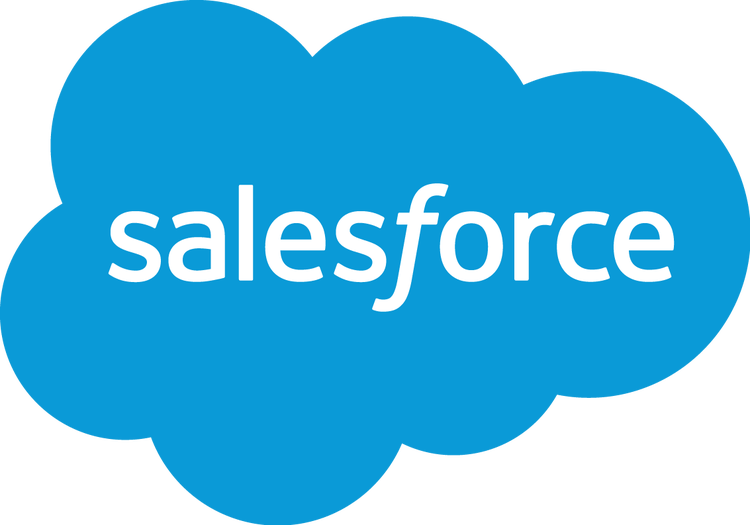Salesforce: Open Sourcing Lightning UI Components Will Benefit Ecosystem Partners
Opening the framework for building user interfaces will cultivate a larger pool of talent familiar with Salesforce standards and make more web apps interoperable with Salesforce platforms, Salesforce VP tells CRN

Salesforce expects its decision to open source the framework used for building user interfaces within its Lightning application development platform to redound benefits to partners developing solutions in its ecosystem.
More web developers using Salesforce-native standards to build apps means a larger pool of talent for Salesforce partners to recruit from, and more web services that are interoperable with Salesforce's platform, Ryan Ellis, Salesforce's senior vice president for product management, told CRN.
"Because you can now use this framework on and off the Lightning platform, you can write a component, like a chart, one time and use it in a Salesforce context and outside of a Salesforce context," Ellis said.
"In the past you would have had to use a different framework to do that. Now you can use the same one."
[Related: Salesforce Looks To Drive The Mobile Future]
And ultimately, opening the tools for creating front-end interfaces to a larger community will more-rapidly advance technology that's absorbed back into the proprietary Lightning platform, Ellis said.
"Because its open source, people can dig deeply into the code and understand it inside-out and contribute back by sending us pull requests that we'll merge," Ellis said.
Salesforce on Wednesday announced the decision to open source Lightning Web Components, a JavaScript framework, at TrailheaDX, the company's fourth annual developer conference.
Salesforce plans to make even more of Lightning's previously proprietary capabilities, including base components, available as open source tools for developers building web apps on other cloud platforms, Ellis said.
Kai Hsiung, chief growth officer at Silverline, a Salesforce partner based in New York City that develops solutions for customers using Lightning, said the decision to open source the development platform's UI framework is a great development for Salesforce's channel.
"The more developers that are leveraging Lightning, the more innovative solutions the ecosystem as a whole can benefit from," Hsiung told CRN.
Last August, Salesforce released an open-source version of the automated machine-learning library, TransmogrifAI, it developed to power its Einstein artificial intelligence platform.